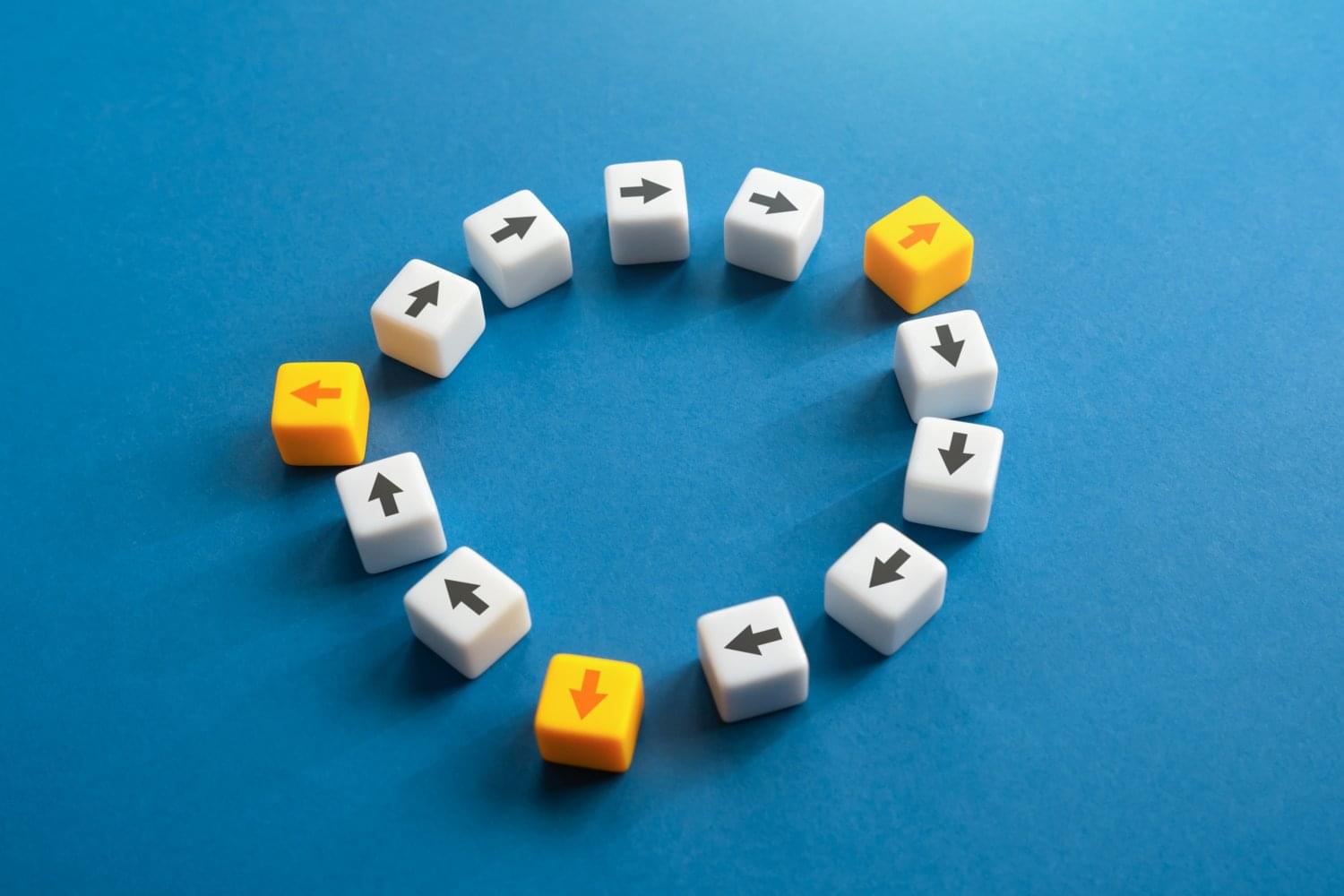Maybe it’s a life hack or a liability, or a little of both. A surprising result in a new MIT study may suggest that people and animals alike share an inherent propensity to keep updating their approach to a task even when they have already learned how they should approach it, and even if the deviations sometimes lead to unnecessary error.
The behavior of “exploring” when one could just be “exploiting” could make sense for at least two reasons, says Mriganka Sur, senior author of the study published Feb. 18 in Current Biology. Just because a task’s rules seem set one moment doesn’t mean they’ll stay that way in this uncertain world, so altering behavior from the optimal condition every so often could help reveal needed adjustments. Moreover, trying new things when you already know what you like is a way of finding out whether there might be something even better out there than the good thing you’ve got going on right now.
“If the goal is to maximize reward, you should never deviate once you have found the perfect solution, yet you keep exploring,” says Sur, the Paul and Lilah Newton Professor in The Picower Institute for Learning and Memory and the Department of Brain and Cognitive Sciences at MIT. “Why? It’s like food. We all like certain foods, but we still keep trying different foods because you never know, there might be something you could discover.”
